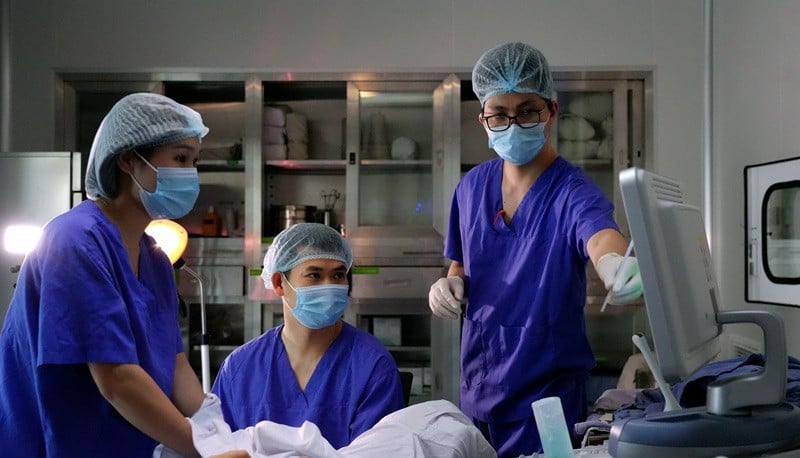
The content is stipulated in Decree 207/2025/ND-CP of the Government regulating childbirth using assisted reproductive technology and surrogacy for humanitarian purposes, officially effective from October 1, replacing Decree No. 10/2015/ND-CP.
Article 3 of Decree 10/2015 stipulates the principle that in vitro fertilization (IVF) can only be applied to infertile couples and single women under the direction of a specialist. In the newly issued Decree 207/2025, single women only need to "have the desire" to be eligible to perform assisted reproductive techniques, including IVF.
This new regulation extends the right to motherhood to single women - those who are not legally married.
Single women using IVF to have children has been practiced for many years. Medical facilities take the woman's eggs and combine them with anonymous sperm to create embryos. Anonymous sperm is a sperm sample donated in a sperm bank, ensuring the principle of confidentiality.
In Decree 207/2025, the principle of anonymity between sperm donors and recipients continues to be maintained compared to Decree 10/2015.
Many single women today choose egg freezing to perform assisted reproductive techniques when they have enough financial capacity or are ready to become mothers.
At the Center for Reproductive Support and Tissue Transplant Technology, Hanoi Medical University Hospital, in the past 3-4 years, the number of women proactively storing eggs has increased. On average, this unit stores eggs for 100 cases each year, most of them are single women, with the average age being 35-40.
According to the Ministry of Health, IVF has been performed in Vietnam since 1998, and to date, over 150,000 children have been born using this technique. Currently, there are more than 50 reproductive support facilities nationwide, mastering many advanced techniques in the world, and the success rate of IVF treatment is increasing, up to 70%.
In cases where a couple has divorced but still has embryos, the Government stipulates that the storage facility must destroy the embryos, except in cases where there is written consent from both spouses to request continued storage of the embryos and a commitment to pay the storage costs according to the facility's regulations; or a request to donate the stored embryos to the storage facility for use in scientific research purposes or to perform assisted reproductive techniques for another couple or single woman.
The storage facility is allowed to use the embryos of a divorced couple to perform assisted reproductive techniques for the wife in case there is written consent from both spouses.
Source: https://nhandan.vn/phu-nu-doc-than-tai-viet-nam-co-quyen-lam-thu-tinh-trong-ong-nghiem-khi-co-nguyen-vong-post897597.html





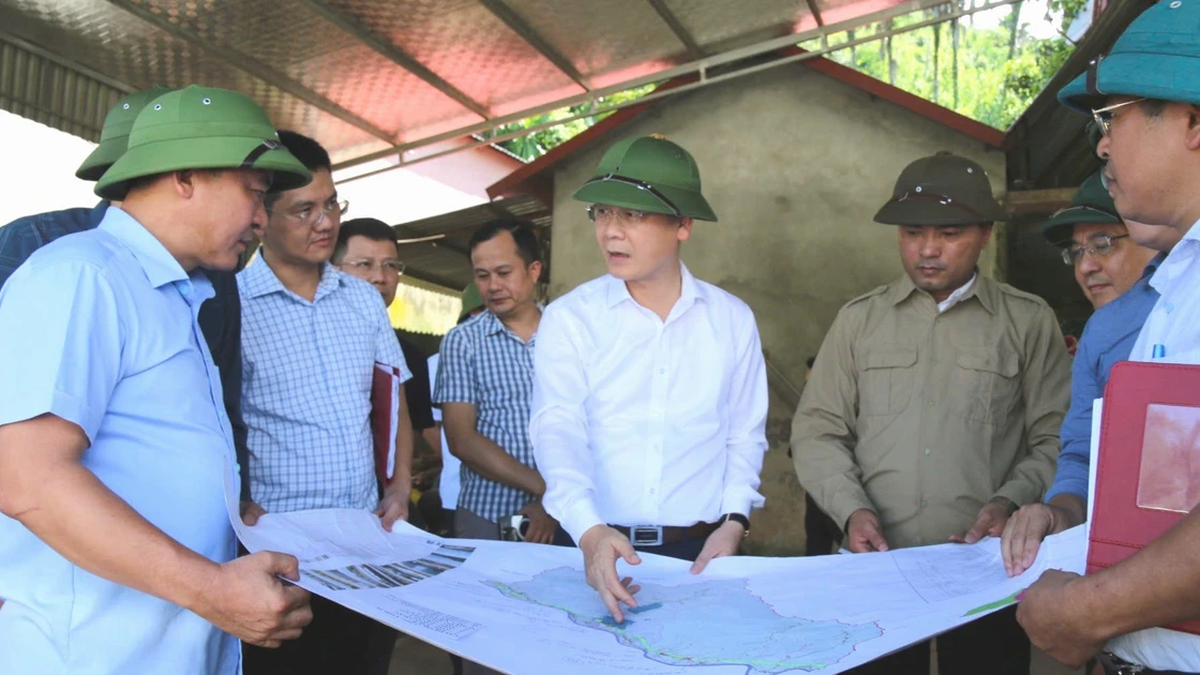
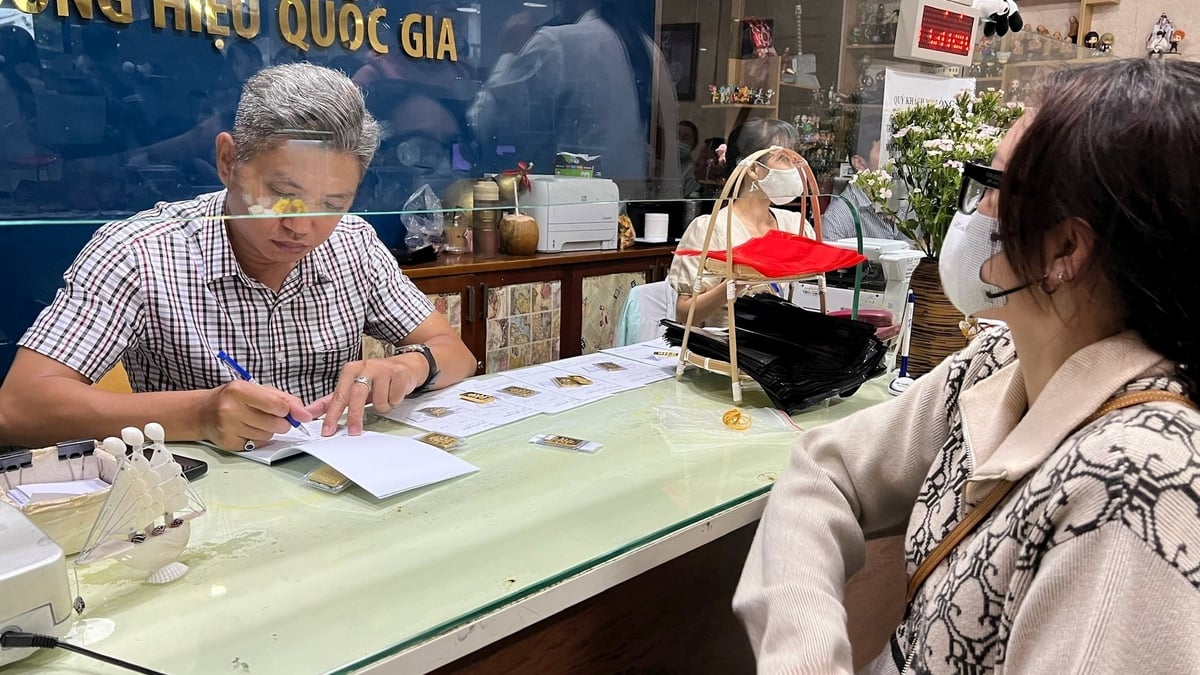


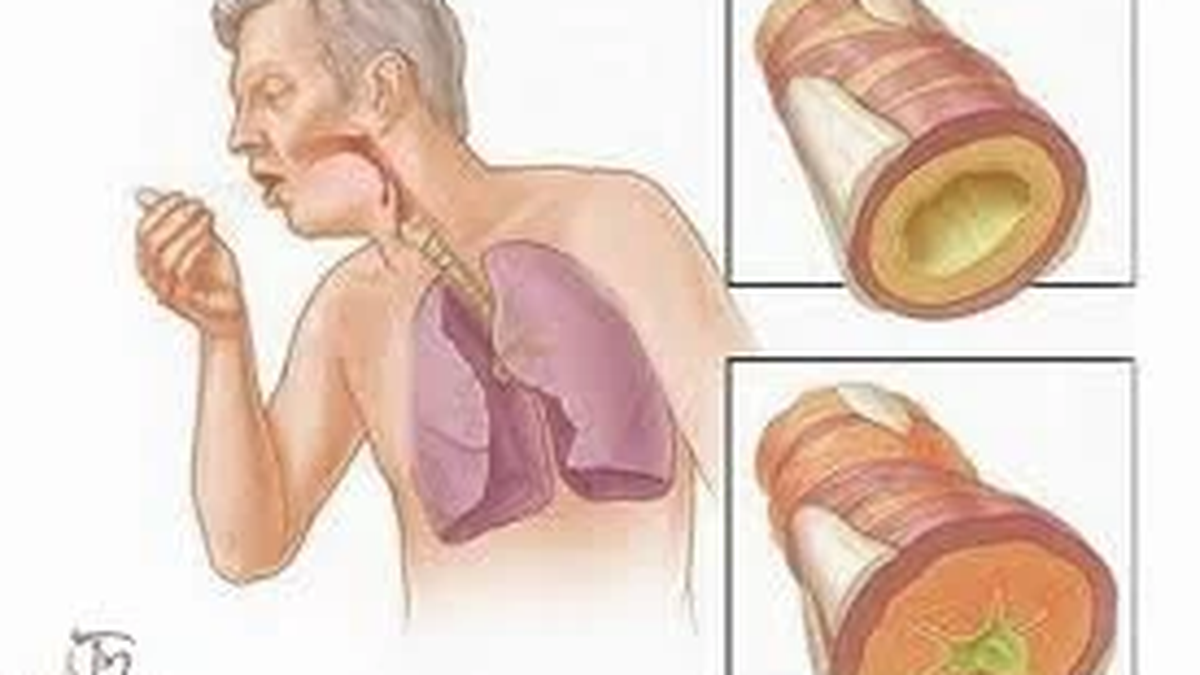



































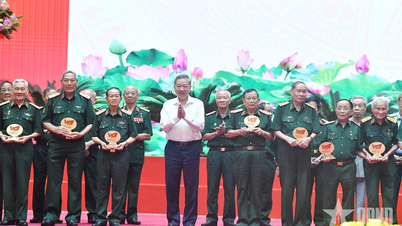



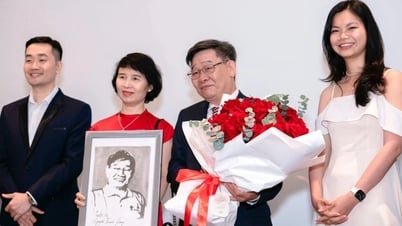
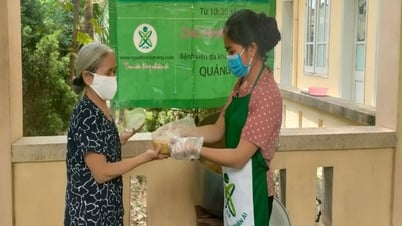





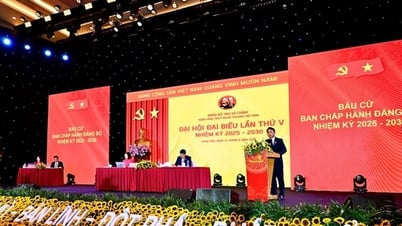



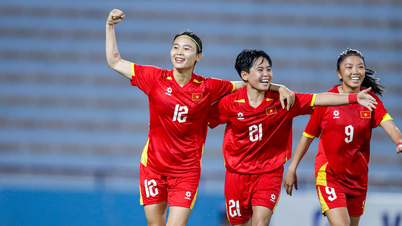





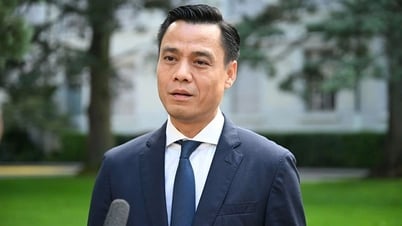
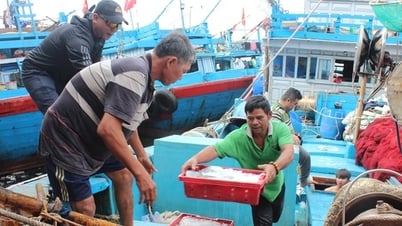



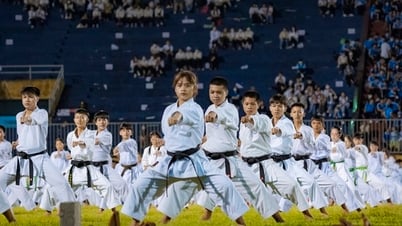



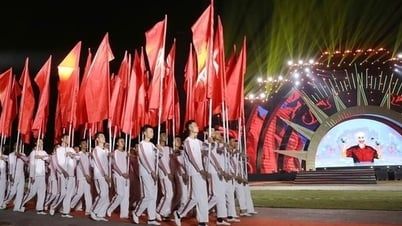








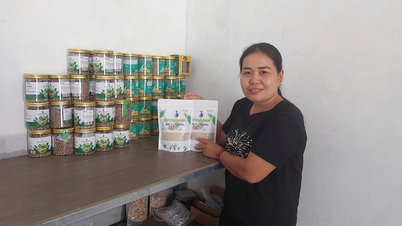













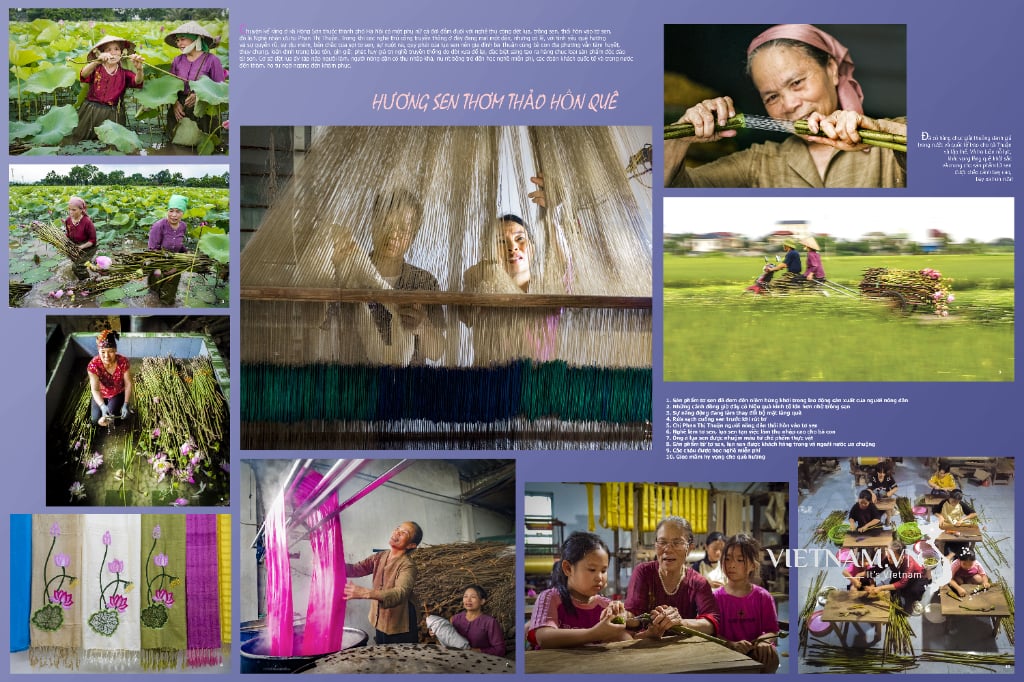
Comment (0)